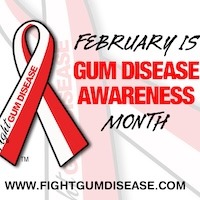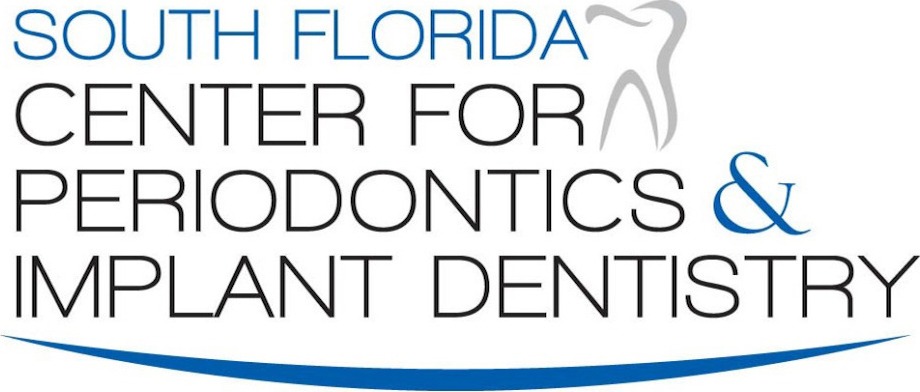February is Gum Disease Awareness Month
February 9th, 2024
Gum Disease is Linked to Other Issues
The impact of gum (periodontal) disease can go much farther than your mouth. Untreated gum disease is linked to a plethora of systemic diseases.
It may raise your risk for osteoporosis, worsen and complicate diabetes management, be related to the onset and decline from Alzheimer’s disease, make you twice as likely to develop heart disease and, for pregnant women, lead to pre-term babies with low birth weight.
In men, gum disease (statistically more prominent in men) is also linked to erectile dysfunction. Prolonged chronic inflammation is thought to damage blood vessels which can lead to impotence.
And that’s just the tip of the iceberg. Gum disease has also been linked to pancreatic, blood, lung and kidney cancers, respiratory diseases, Covid infection, stroke, rheumatoid arthritis and unfortunately, more.
Symptoms of Gum Disease
You may not notice any symptoms during the early stages of gum disease. That’s another reason it’s so important to check in regularly with your dentist. As many as 85% of Americans may have gum disease and not even know it since their symptoms may be very mild.
If you notice any of the following symptoms, you should seek a periodontal examination. A full visit should include a diagnostic set of dental radiographs (xrays) and detailed evaluation of gum conditions and measurements around all teeth. Symptoms can include:
- Chronic bad breath not attributable to other causes
- Swollen, red gums
- Bleeding when brushing
- Sensitive teeth or receding gums
- Loose teeth
- Changed tooth position or bite
- Tooth loss
- Painful chewing
Gum Disease is Treatable
The good news is that gum disease, when caught in its earliest stage (gingivitis), is reversible.
More advanced gum disease is treatable and can be kept from progressing with improved home oral maintenance, regular checkups with your general dentist and special periodontal treatments as suggested to address your individual situation, like scaling and root planing, a deep cleaning that goes well beyond the maintenance cleanings offered by your general dentist.
Minimally invasive surgery like our regenerative endoscopic procedure (REP) can also keep gum disease from progressing. Additionally, minimally invasive laser treatment with LANAP® can often help us save what may have been considered “hopeless” teeth due and avoid gum surgery for severe gum disease.
Having some concerns about your teeth and gums? Call our office to schedule a consultation and learn more about gum disease. You do not need a referral from your dentist or physician so call us directly!
